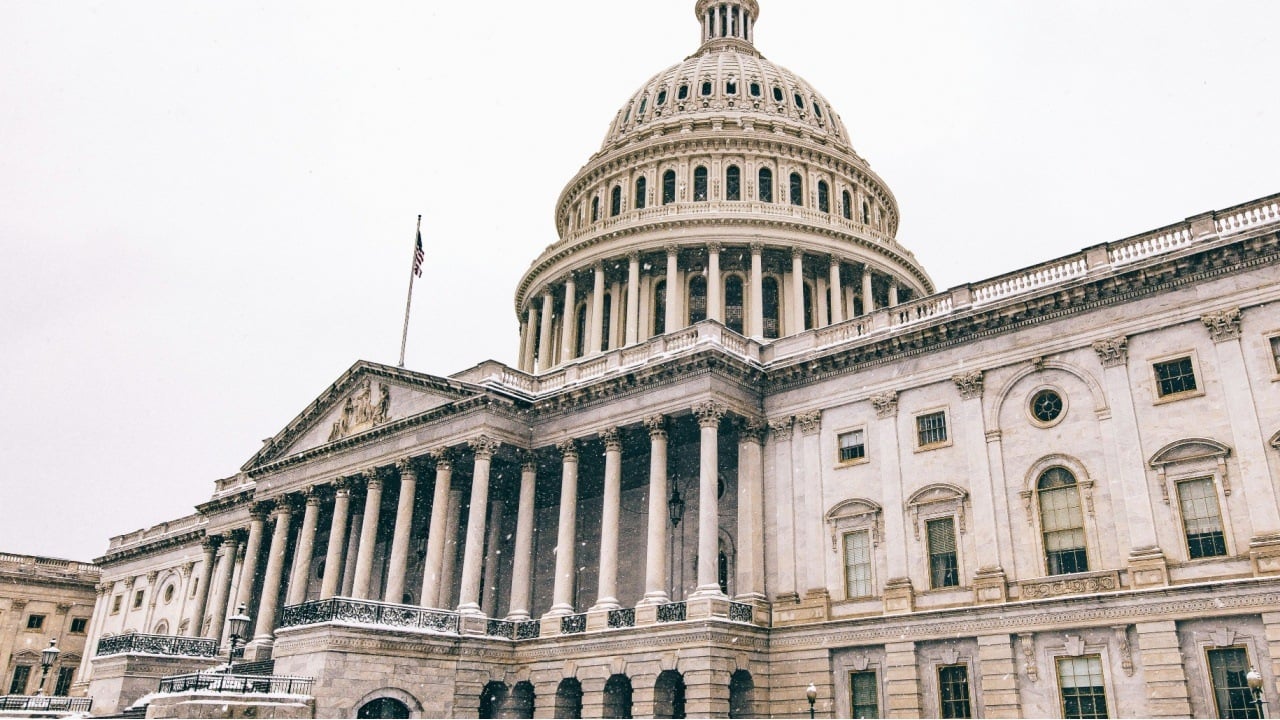The political and economic dynamics between the United States and El Salvador have reached a critical juncture with the introduction of the “El Salvador Accountability Act of 2025.” This legislative proposal, introduced by a group of Democratic senators, seeks to impose sanctions on El Salvador’s government, with a particular focus on President Nayib Bukele and his administration. The bill’s dual focus—human rights concerns and the country’s adoption of Bitcoin as legal tender—has sparked intense debate, highlighting broader issues of sovereignty, economic policy, and the evolving role of cryptocurrency in global finance.
The Genesis of the Act: Human Rights and Bitcoin
The “El Salvador Accountability Act of 2025” is rooted in two primary concerns expressed by US lawmakers. The first is the alleged human rights abuses under the Bukele administration, including arbitrary arrests, suppression of dissent, and erosion of democratic institutions. Senators Chris Van Hollen, Tim Kaine, and Alex Padilla have emphasized the need for accountability, arguing that the US has a moral obligation to address these violations. The second concern revolves around El Salvador’s adoption of Bitcoin as legal tender in 2021, a move that has drawn skepticism from international observers, including US policymakers. Critics worry about Bitcoin’s volatility, potential for illicit use, and the lack of regulatory oversight in El Salvador. The bill mandates a forensic investigation into the country’s Bitcoin strategy, aiming to uncover any corruption or financial risks associated with its implementation.
Key Provisions of the Act: Sanctions and Investigations
The proposed legislation includes several provisions designed to pressure the El Salvadorian government:
- Sanctions on Key Figures: The bill targets President Bukele, Vice President Félix Ulloa, and other high-ranking officials with asset freezes, visa bans, and financial restrictions. These measures aim to hold accountable those perceived as responsible for human rights abuses and the controversial Bitcoin policy.
- Forensic Probe of Bitcoin Strategy: A comprehensive investigation will examine El Salvador’s Bitcoin adoption, focusing on potential corruption, money laundering, or other illicit activities. The goal is to assess the financial risks and vulnerabilities introduced by the country’s embrace of cryptocurrency.
- Reporting Requirements: The US State Department will prepare a report evaluating the risks of Bitcoin adoption, including its impact on financial stability and money laundering. This report could inform future legislative or executive actions regarding El Salvador.
- Impact on US-El Salvador Relations: The sanctions could strain diplomatic ties, affecting trade, aid, and cooperation. This could have broader economic implications for El Salvador, particularly in its efforts to address development challenges.
Bukele’s Response and El Salvadorian Perspective
President Bukele has responded to the proposed sanctions with defiance, dismissing the bill as political posturing and asserting El Salvador’s sovereign right to determine its economic policies. He has also criticized the US for interfering in domestic affairs. Within El Salvador, reactions are divided. Supporters of Bukele view the sanctions as an attack on sovereignty, while critics see them as necessary to hold the government accountable. Concerns about Bitcoin’s risks, particularly for vulnerable populations, have also fueled the debate.
The Broader Implications: Cryptocurrency, Sovereignty, and US Foreign Policy
The bill raises broader questions about cryptocurrency’s role in international relations and the limits of US foreign policy. By targeting El Salvador’s Bitcoin adoption, the US is exerting influence over a sovereign nation’s economic policy, sparking concerns about sovereignty and the potential for economic coercion. The debate also reflects growing global tensions over cryptocurrency regulation, with proponents advocating for financial democratization and critics warning of volatility and illicit use. The US government, like many others, is grappling with how to manage these risks, and El Salvador’s case presents a unique challenge.
The bill also underscores a broader trend in US foreign policy, emphasizing human rights and democracy promotion. While these goals are widely supported, the effectiveness of sanctions remains debated, as they can have unintended consequences, such as harming civilians and undermining economic development.
The Road Ahead: Potential Outcomes and Considerations
The future of the “El Salvador Accountability Act of 2025” is uncertain, as it must pass through both the Senate and the House of Representatives before becoming law. Several potential outcomes are possible:
- Passage and Implementation: If enacted, the sanctions could significantly impact El Salvador’s economy and diplomatic relations, potentially destabilizing the country and undermining Bukele’s support.
- Rejection or Amendment: The bill could be rejected or amended to soften its impact, signaling a less confrontational approach and creating opportunities for dialogue.
- Diplomatic Resolution: The US and El Salvador could engage in negotiations to address human rights concerns and Bitcoin risks, potentially leading to a compromise that respects sovereignty while promoting accountability.
Ultimately, the most desirable outcome would balance El Salvador’s sovereignty with legitimate concerns about human rights and Bitcoin adoption. This will require constructive dialogue and a willingness to find common ground.
A Crossroads for El Salvador
The “El Salvador Accountability Act of 2025” represents a pivotal moment for El Salvador, as the country faces international scrutiny over its human rights record and Bitcoin experiment. The path forward requires a delicate balance—upholding sovereignty while addressing concerns, embracing innovation while mitigating risks, and navigating a rapidly changing global landscape. The choices made in the coming months will shape El Salvador’s future and its place on the world stage.





